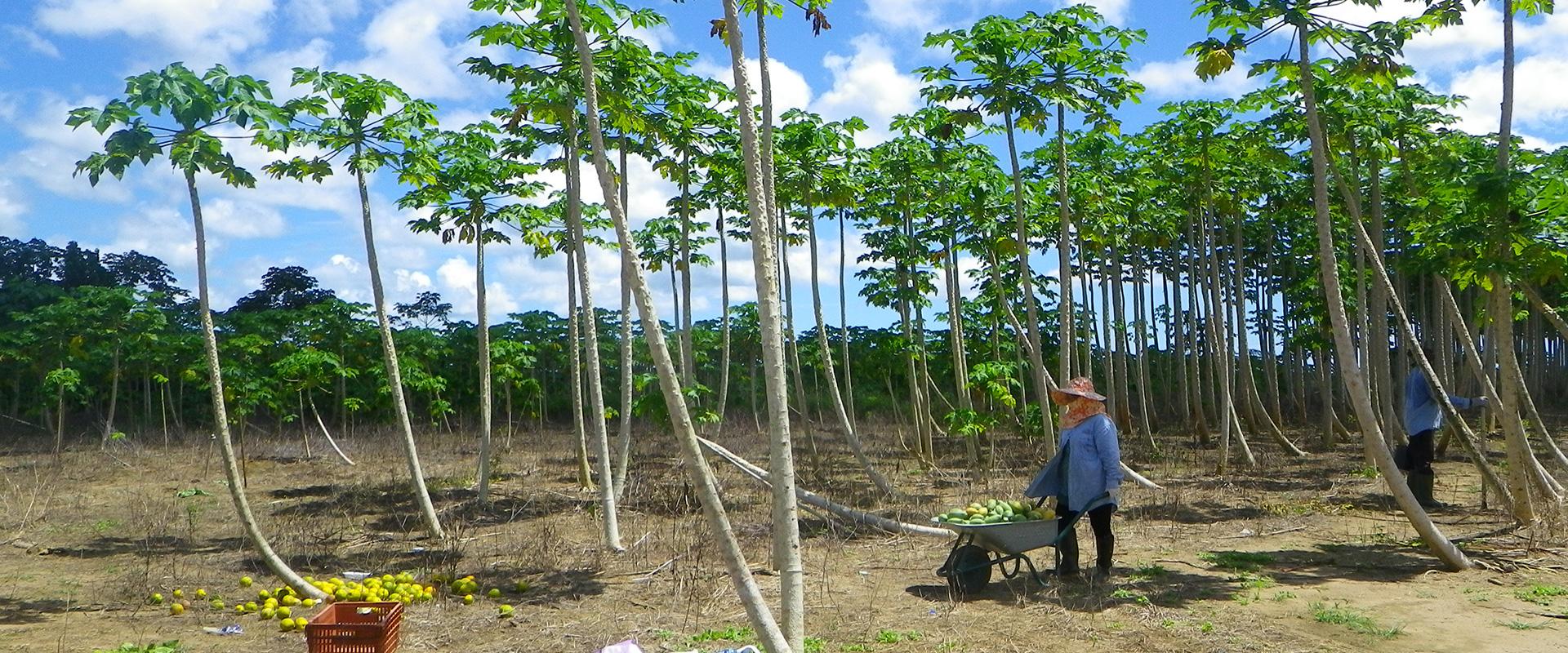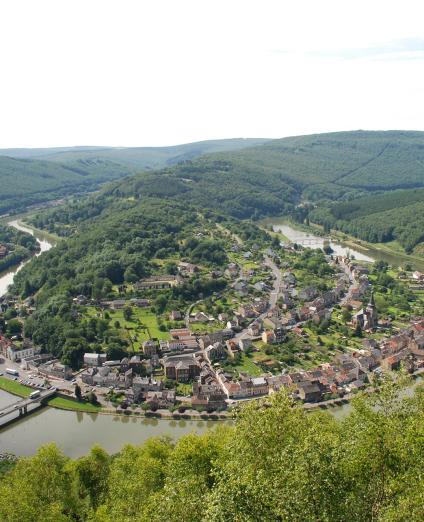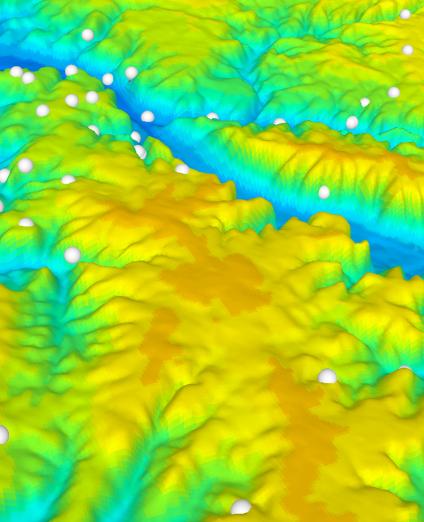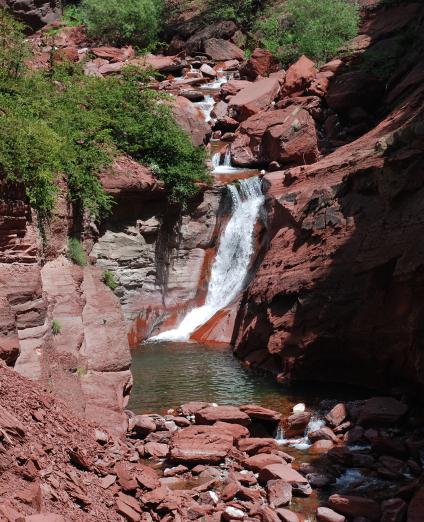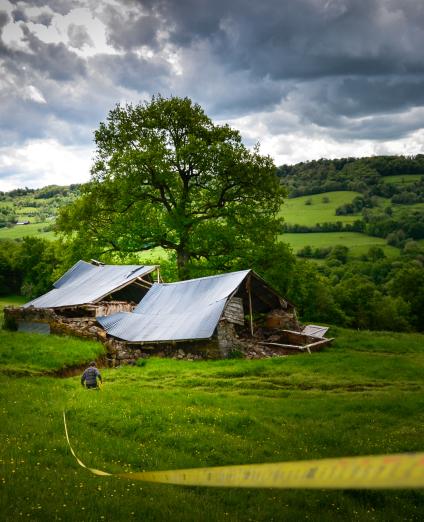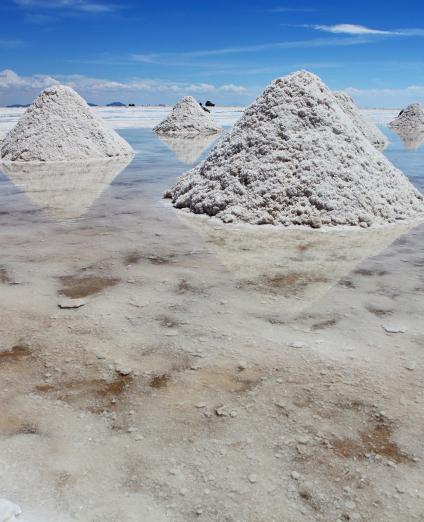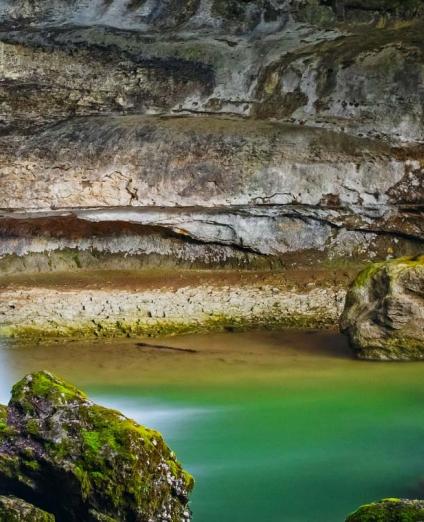As a public institution for research and expert studies, BRGM contributes to the dialogue between science and society in its different fields.
Establishing a dialogue with civil society representatives in the French regions
BRGM's regional representatives organise meetings with representatives of civil society groups to discuss regional environmental questions relating to BRGM's areas of expertise and on which papers and articles have been published.
These meetings provide opportunities for open and constructive discussions. They stimulate exchanges of knowledge - or of knowledge "gaps” - questions from all parties and the expression of their expectations, while observing the ethical principles that guarantee transparency and trust and preserve the independent judgement of all concerned.
Summary of the meeting held at Cayenne on 13 December 2017
Topic on the agenda
Sustainable Use of Groundwater Resources in western French Guiana
Date and venue
Saturday 13 December 2017
Hôtel Amazonia du fleuve, Saint-Laurent-du-Maroni
Agenda
- presentation of BRGM French Guiana's activities on groundwater,
- round table discussion and expression of expectations,
- discussion on the topic and issues surrounding water resources, particularly in view of the current population explosion.
Participants
2 participants representing the following organisations:
- Mama Bobi association;
- Établissement Public Foncier et d’Aménagement de la Guyane (French Guiana's Public Land and Spatial Planning Institution)
Specific points, participants' expectations and questions, discussions
The main expectations were to gain more knowledge on aquifers and a better understanding of water resource issues in the region. The questions focused in particular on the prospecting techniques used in French Guiana prior to drilling, the quality problems encountered (particularly related to deposits of iron and manganese in certain sectors) and also on community use of these boreholes (particularly in isolated sectors, in relation to the risks of contamination, the use of hand pumps, etc.).
Technical answers were given and issues concerning the resource and its use by the inhabitants were discussed:
To what extent are you involved in water resource research projects?
Answer: BRGM's work ends after having calculated the flow rate from a borehole once the drilling has been completed. BRGM also provides support to certified hydrogeologists for delineating the protection zones.
How are borehole protection zones determined?
Answer: By analysing geological, topographical, hydrological and hydrogeological catchment area data and all the knowledge on groundwater dynamics that has been requested. BRGM points out that unlike the inner protection zone, the middle protection zone does not necessarily require ring-fencing and a ban on all development.
How can old wells be rehabilitated?
Answer: Output sometimes drops sharply from wells that have not been used for several years or have been improperly used (over-abstraction). The original production capacity can be partly recovered by scrubbing, purging with compressed air and chemical treatment, followed by new pumping trials.

